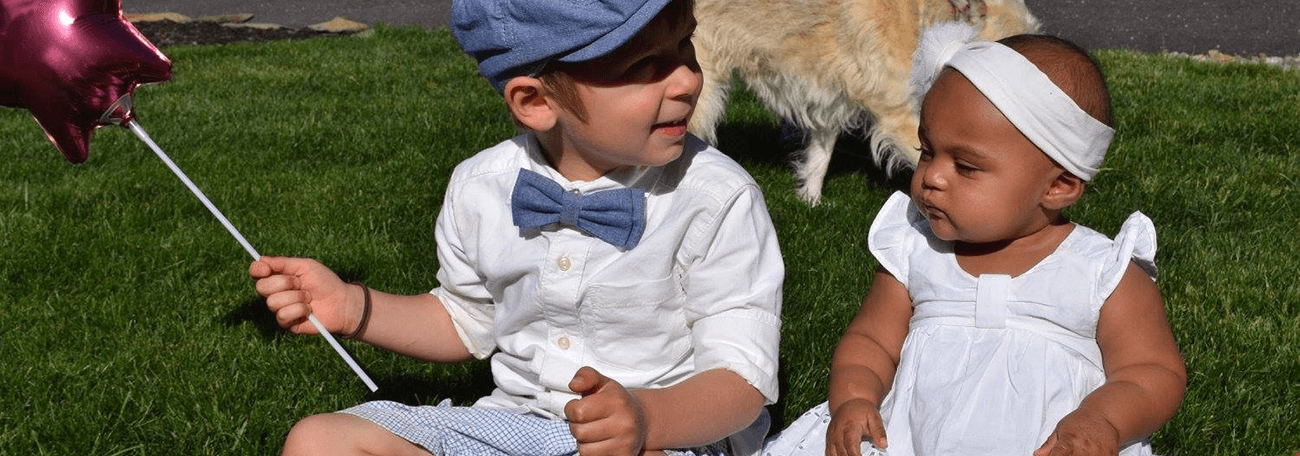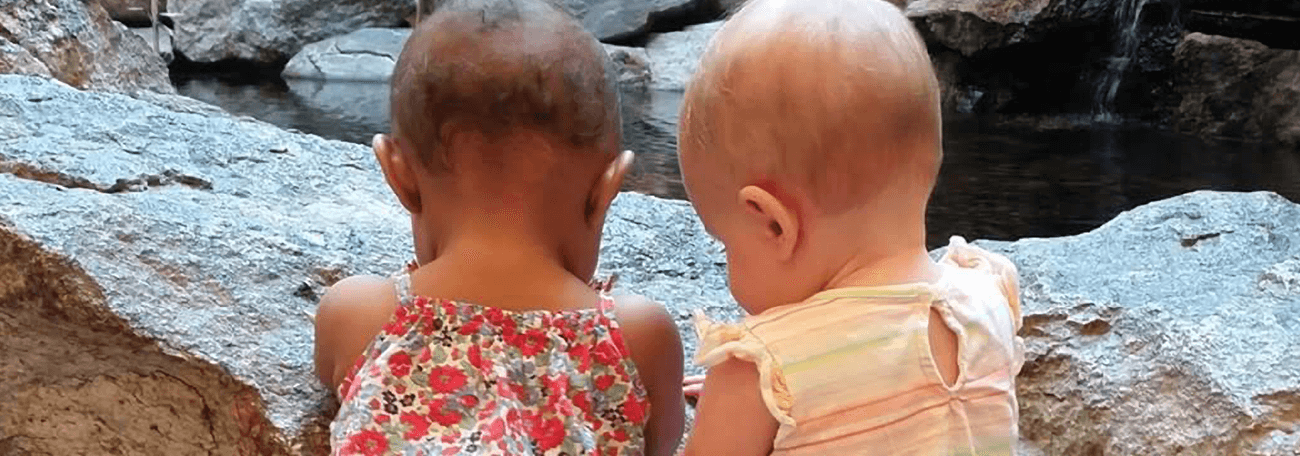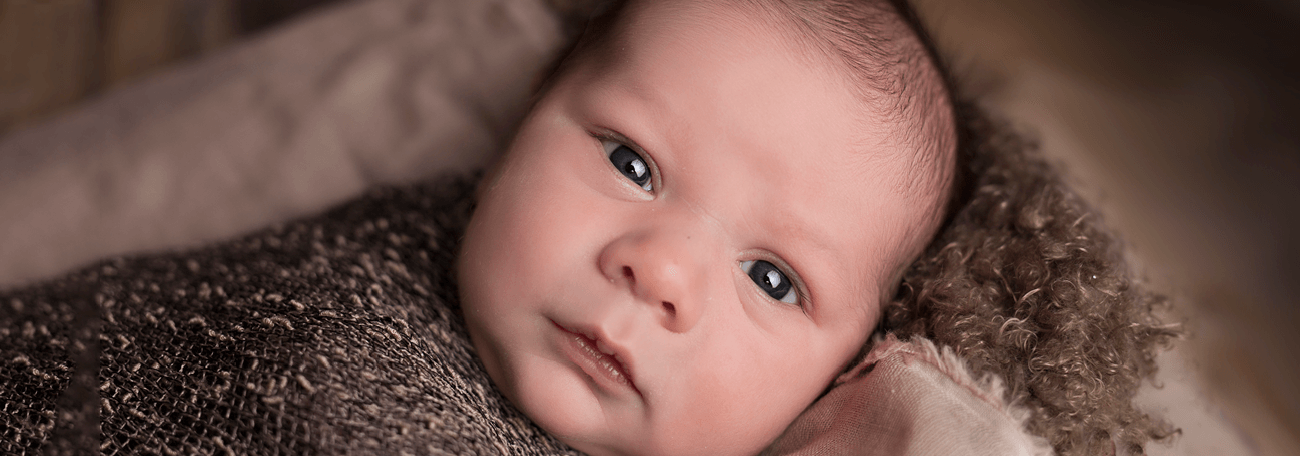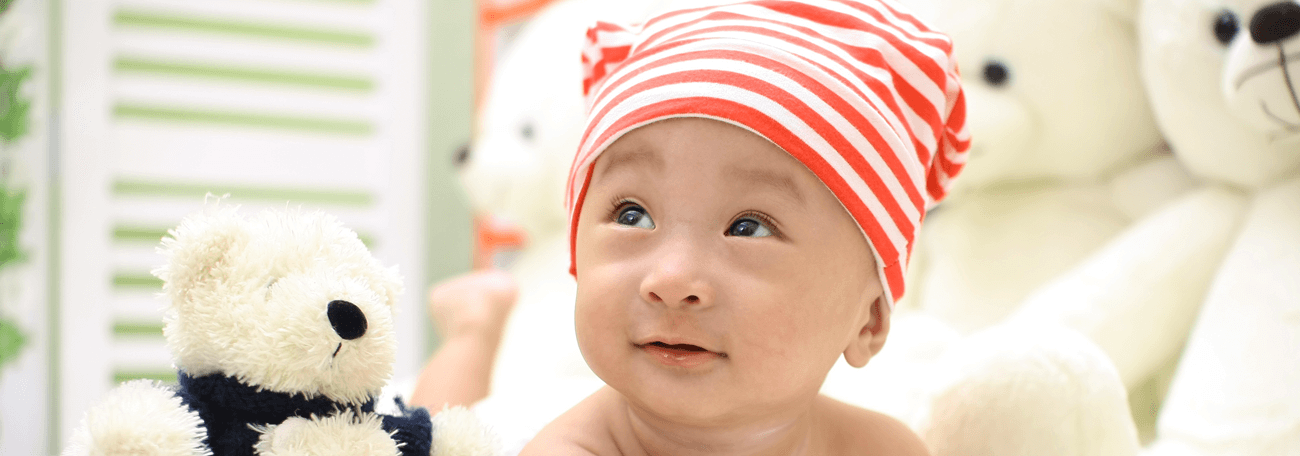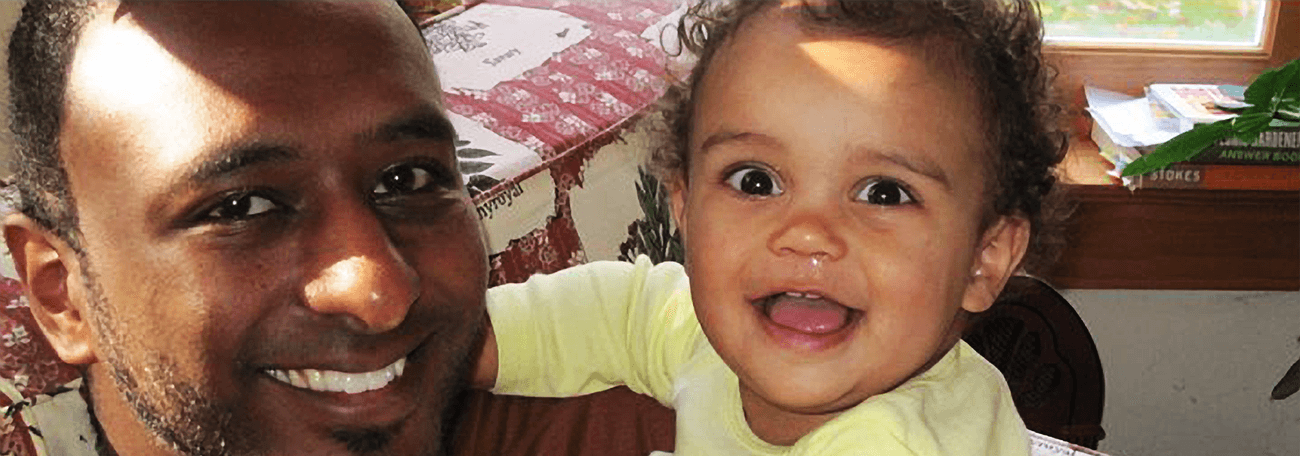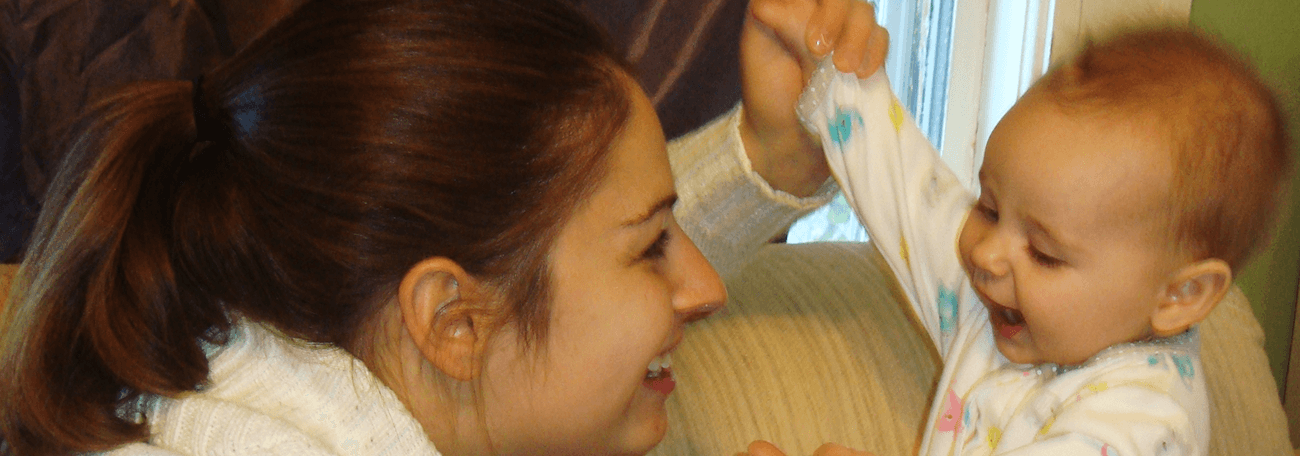Maine Association for Infant Mental Health
Maine Association for Infant Mental Health (MeAIMH) is a non-profit organization focused on the health and well being of infants and their families. The organization is administered by a Board of Directors and an Executive Coordinator.
MeAIMH Vision
The vision of the Maine Association for Infant Mental Health is to be an organization of advocacy and a catalyst for change whose purpose and message are readily understood. Children’s Healthy Early Relationships Invite Success and Hope #CHERISH
MeAIMH Mission
The mission of the Maine Association for Infant Mental Health is to promote through education and advocacy, healthy early relationships and their vital importance to infants, children, and their families.
MeAIMH is excited to introduce this new feature. Please check this page regularly to explore the current topic!
November Topic of Interest
Early Language Matters: In general conversation, we often talk about communication and language interchangeably. They absolutely overlap; communication is a form of language and language is a part of communication, but they are not entirely the same.
What is Infant Mental Health?
Infant mental health is an inter-disciplinary field of research, clinical practice and public policy-making concerned with maximizing the emotional, physical, social and cognitive well-being of zero to five year old children and their caregivers.
Infant mental health assumes that:
All babies begin life with their own unique temperament, maturational schedule, and individual differences.
Human relationships are powerful conditioners of infant development.
Environmental influences also impact heavily on the development of infants.
Parenthood is a developmental process, and parents also grow.
Risk, coping, and capacity to master adversity are important factors in the development of infants.
Early intervention is the best kind of prevention.
Infant mental health is important because:
It is the basis for personality development.
It influences the infant/young child’s view of the world.
It influences the balance between attachment, interaction, and exploratory systems.
It influences the development of a child’s full potential, empathy, and morals.
Please help support the Maine Association for Infant Mental Health, we are a 501c3 organization.
Thank you, we appreciate your help toward our work.
To directly support the Maine Association for Infant Mental Health please use the Donate button just below this message.


